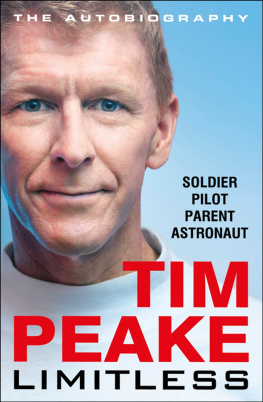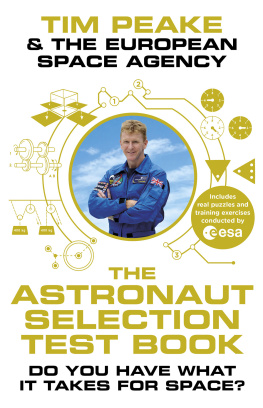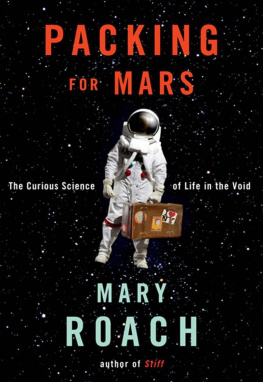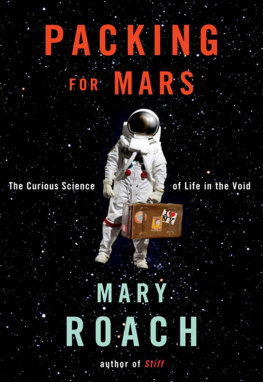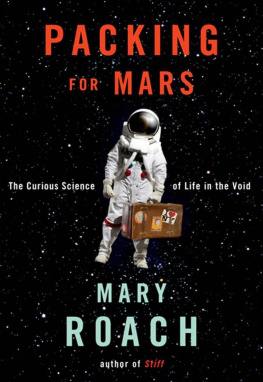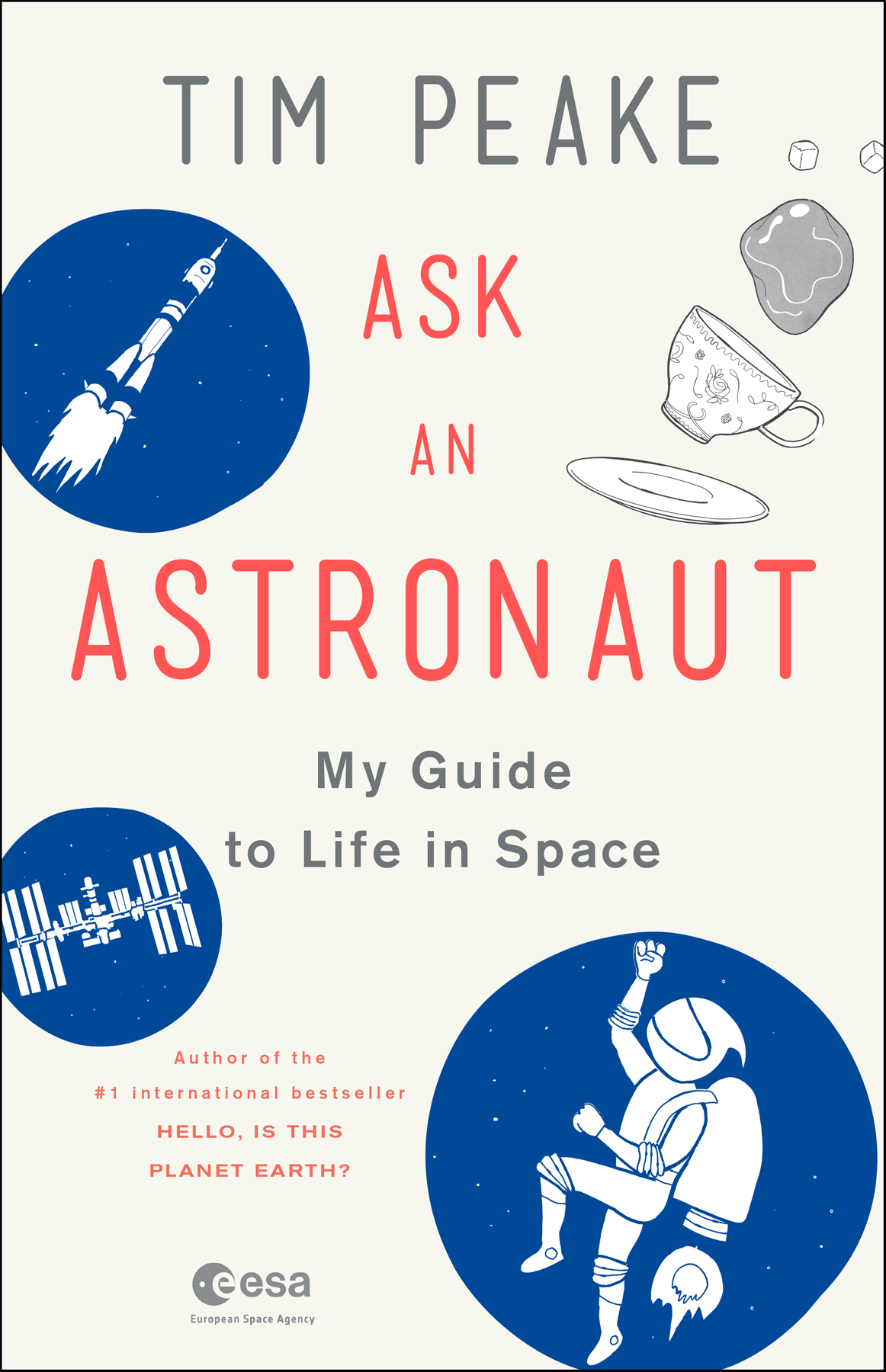Q My first question is simple: How can I become an astronaut?Alexander Timmins, Year 9, Chichester Free School
A Well, youve picked a brilliant career to pursue, Alexander!
Just as the Apollo missions in the 1960s took a giant leap for mankind, so we are now on the cusp of a new golden age of space exploration. In the coming decades we can expect to colonise the Moon, set foot on Mars and travel deeper into our solar system than ever before. These dreams of human endeavour are now within touching distance, and we can all be a part of this remarkable journey.
You might say this whole book is dedicated to answering your question. And thats because the response is not straightforward, since there is no set path to becoming an astronaut. I was 43 years old when I arrived on board the International Space Station (ISS) on 15 December 2015. I felt enormously privileged to be there and to be following the same career path as men and women I had revered all my life. It was hard to believe I had been fortunate enough to join this exclusive band of spacefarers.
A total of 545 people from 37 different nations had reached Earths orbit before me, since Yuri Gagarins first intrepid launch on 12 April 1961. As a small cadre of space explorers, we hail from a wide range of careers and backgroundsschool teachers, pilots, engineers, scientists and doctorsand from every corner of the globe. The one thing we all share is a love of exploration and a passion for human spaceflight.
Of course there are certain skills and characteristics that you need to possess as an astronaut, or acquire during training, and Im confident that by the end of this book youll have a clear idea of what is the right stuff for todays astronauts. Some of these attributes may surprise youbeing good at languages, for instance, is extremely useful. Equally important is what you do before you become an astronaut. Its key to find a career that youre passionate about, and to be as good as you can be in that field. As we shall see, academic requirements only get you so far. It is your drive, your enthusiasm and, above all, your personality and character that will enable you to succeed.
Shortly after landing back on Earth I was asked in a press conference if I had a message for the children from my old school. My own journey had begun in a small village outside Chichester, on the south coast of England. It had taken nearly 18 years in the Army and a career as a test pilot to put me in the right place at the right time to become an astronaut. I replied, Youre looking at a boy who went to Westbourne Primary School, who left school at the age of 18 with three average A-levels, and Ive just got back from a six-month mission to space, so my message is: dont let anybody tell you that you cant do anything you set your heart on.
Make no mistake, becoming an astronaut is not easy. In fact it has been the single hardest thing Ive ever done. But it has also been the most rewarding pursuit by farfull of tremendous experiences that I will treasure for the rest of my life.

So what is this book? And whats with all the questions? Well, since returning from the ISS, Ive been amazed by the warm response from thousands of people wishing to know more about my mission and what it takes to become an astronaut. Ive enjoyed answering intriguing questions on every aspect of my mission, from Does space smell? to Is there gravity in space? and Whats the grossest thing about living in space?. There have been novel questions for me, such as Is there a formal protocol for first contact with aliens?; and more sobering ones, such as What would happen if you were hit by space debris during a spacewalk?. And of course there are fun ones, such as Can you have a cup of tea in space? (the answer is, thankfully, yes!) and How do you go to the toilet in space?, which is by far the most popular question I get asked, particularly by younger children.
I wanted to answer and expand upon as many of these questions as I could, in order to provide my own definitive account of what being an astronaut is really likethe personal, the profound; the adventure, the astrophysics; the fear, the fun. I hope both the science and the everyday details of life in space are entertaining and informative, and may provide a useful reference or handbook for the next generation of spacefarers. After all, the first person to walk on Mars may well be reading this book.
Using the hashtag #askanastronaut, the project was opened up to users on social media. Many of the wonderful submissions from Twitter and Facebook are included in the book, as indicated by the names after some of the questions. In other cases, where more than one person asked the same or a similar question, I have created an amalgamation. Thank you so much to everyone who contributed to the project. Even if your name is not included on these pages, your curiosity and thoughtfulness have played an enormous role in shaping the book, and I am hugely grateful for your inquisitiveness.


